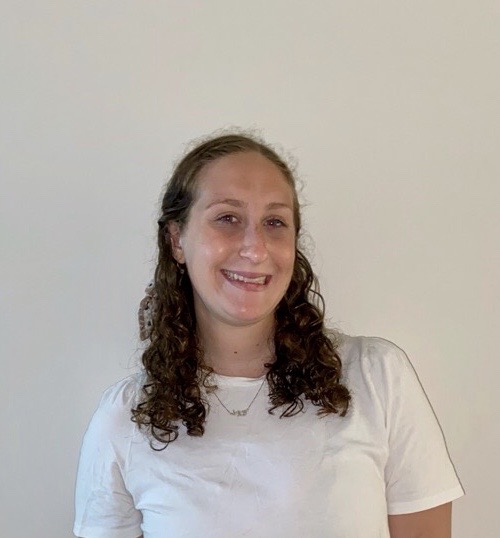Celebration of Scholars
Do Psychological Factors influence the Success of Athletes During Rehabilitation?

Major: Athletic Training
Hometown: Lake Orion, MI
Faculty Sponsor: Laurie Jensen
Other Sponsors:
Type of research: Course project

Major: Athletic Training
Hometown: Highland Park, IL
Faculty Sponsor: Laurie Jensen
Other Sponsors:
Type of research: Course project
 Name:
Emmily Zinkiewicz
Name:
Emmily Zinkiewicz
Major: Athletic Training
Hometown: Manteno, IL
Faculty Sponsor: Laurie Jensen
Other Sponsors:
Type of research: Course project
Abstract
The topic of psychological factors on rehabilitation has been an ever-evolving topic in the healthcare field. The purpose of this research is to summarize findings on the influence of psychological factors on rehabilitation success. There is a lack of understanding, as well as comfort, with the topic of treating the psychological factors, which include: confidence, connection to teammates, connection to the clinician, expectations and goals, and feedback from the clinician. By analyzing and collecting the data in a systematic way, the research aims to further teach clinicians how to understand the psychological effects of rehabilitation of injuries. With the use of several academic databases, a total of 10 peer-reviewed articles were collected using boolean and MeSH terms focusing on the words psychology AND rehabilitation to develop our answer to the clinical question. The research supports that there is a strong correlation between clinicians using methods such as forming trust with the patient and/or using good communication skills, resulting in successful rehabilitation of injuries.
Submit date: April 2, 2020, 9:06 p.m.
